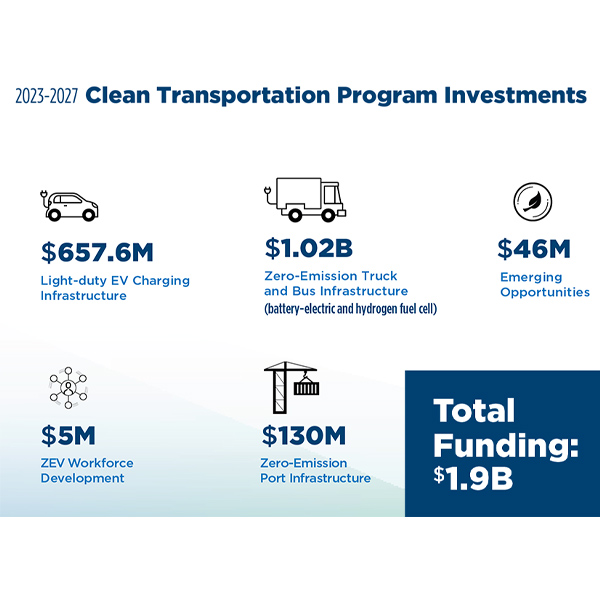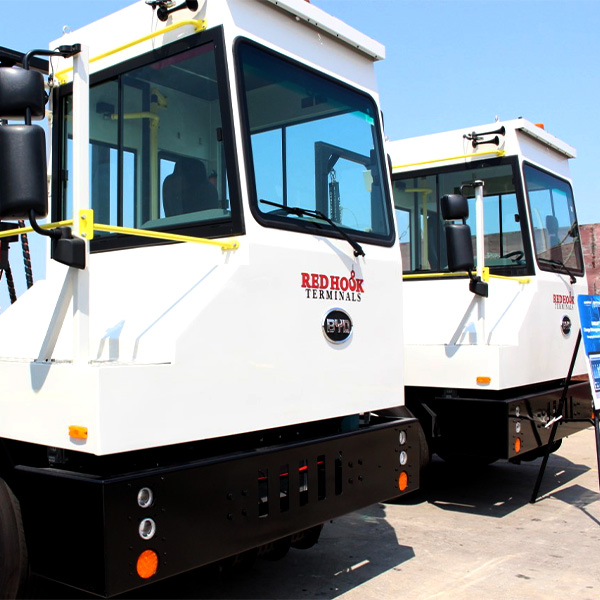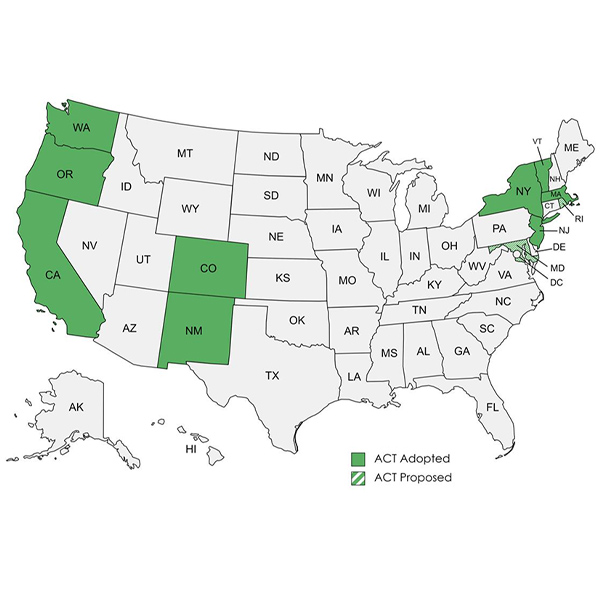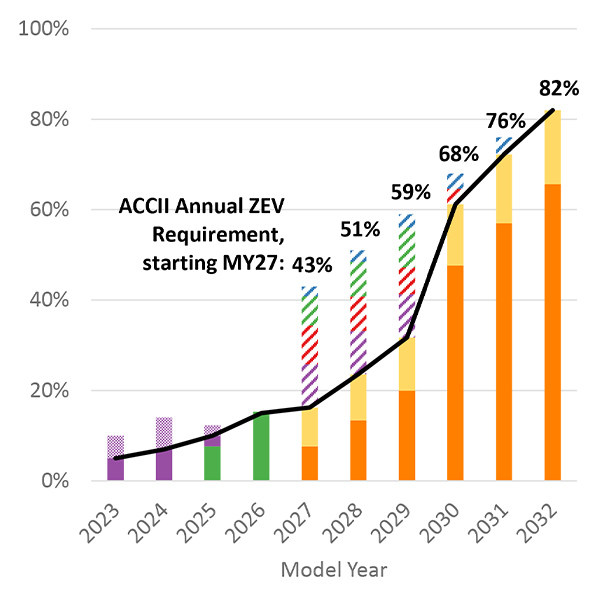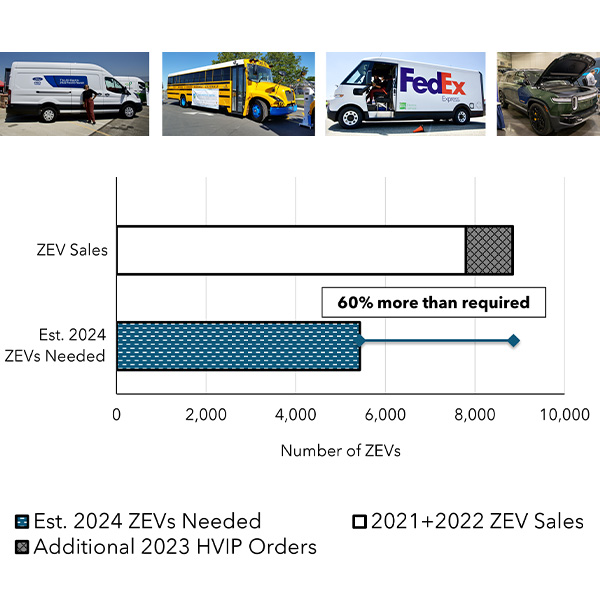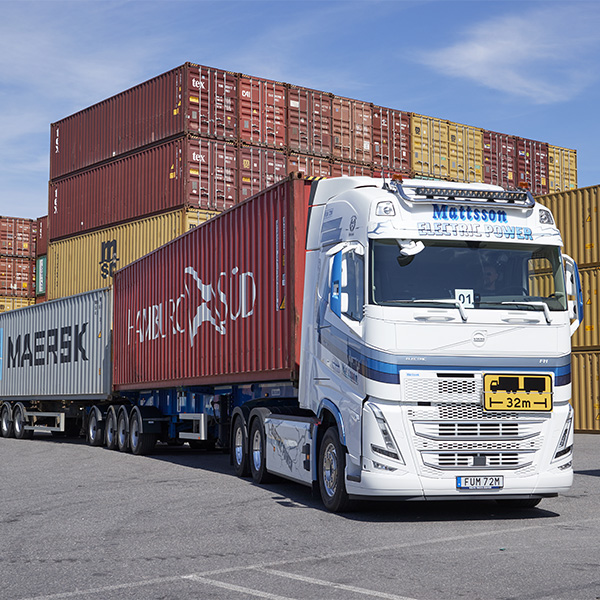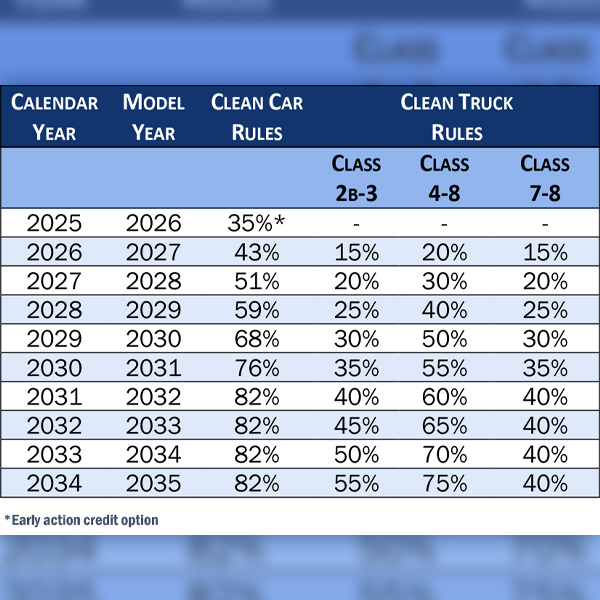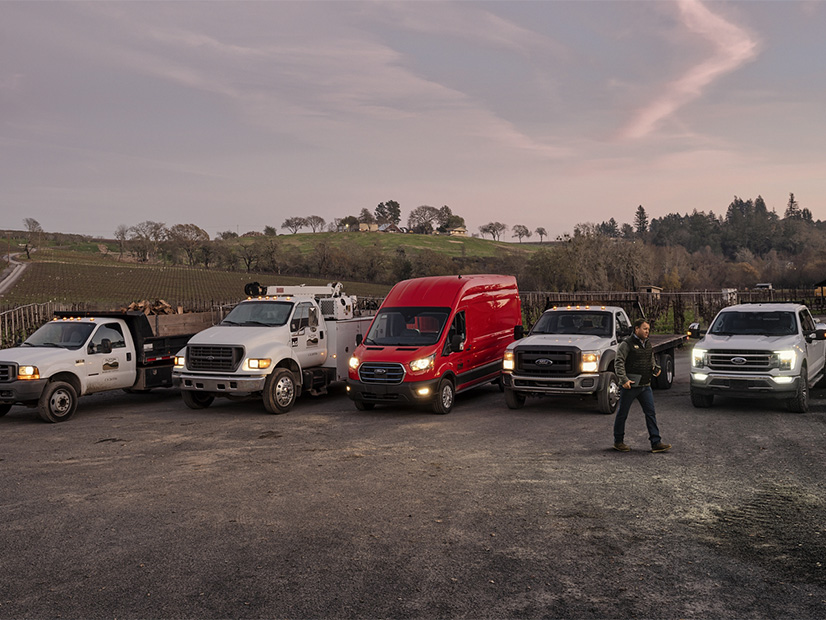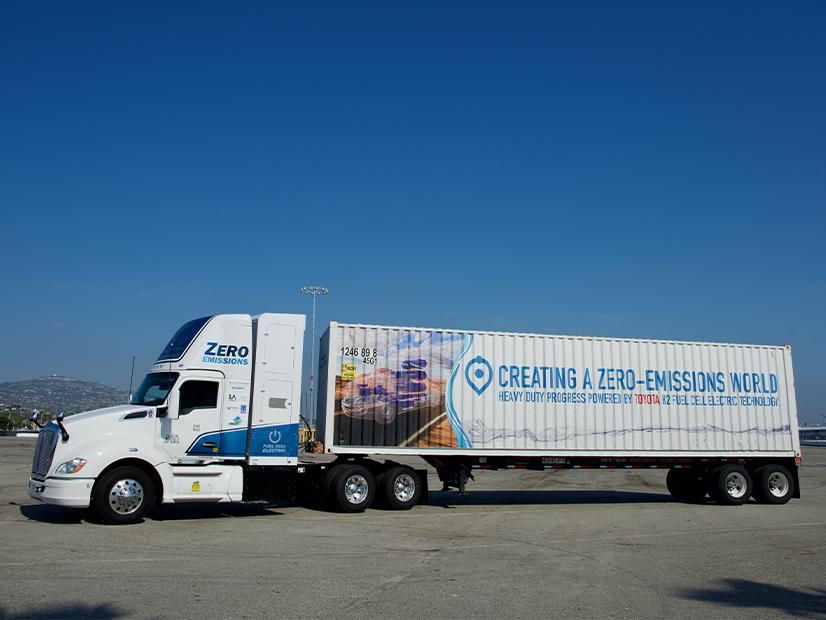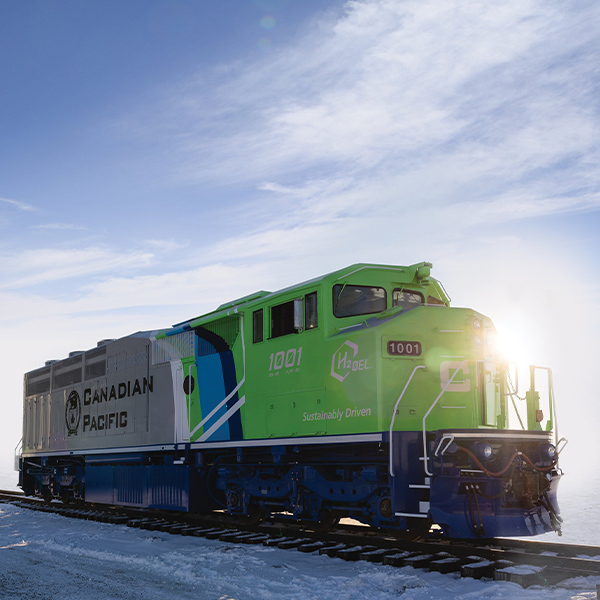Advanced Clean Trucks regulation (ACT)
The California Energy Commission approved a plan for spending $1.85 billion over the next four years to expand zero-emission vehicle infrastructure across the state.
Maryland became the 10th state to adopt the Advanced Clean Trucks rule, which sets targets for the delivery of zero-emissions medium- and heavy-duty vehicles that gradually increase every year.
CARB is exploring whether zero-emission truck credits that manufacturers earn under the Advanced Clean Trucks regulation should be transferable among states.
New Mexico regulators adopted zero-emission requirements for cars and trucks in a move that proponents say will improve air quality, fight climate change and increase consumers’ choice of vehicles.
Truck manufacturers have been racking up zero-emission vehicle credits in advance of California’s Advanced Clean Trucks rule taking effect with model year 2024, a new report shows.
As a court battle heats up over California’s zero-emission truck regulations, a group of manufacturers have committed to follow the rules even if they’re overturned.
New Mexico is about to launch a rulemaking on regulations that would largely mirror California’s ZEV sales requirements, but with one key difference.
In what’s being called “breakthrough growth,” more zero-emission trucks were deployed in the U.S. last year than in the previous five years combined.
California regulators approved a rule that will ban the sale of diesel trucks in the state starting in 2036, requiring all new trucks sold to be zero-emission.
The California Air Resources Board plans to vote on a regulation requiring new switcher locomotives to be zero-emitting by 2030 and freight locomotives by 2035.
Want more? Advanced Search
